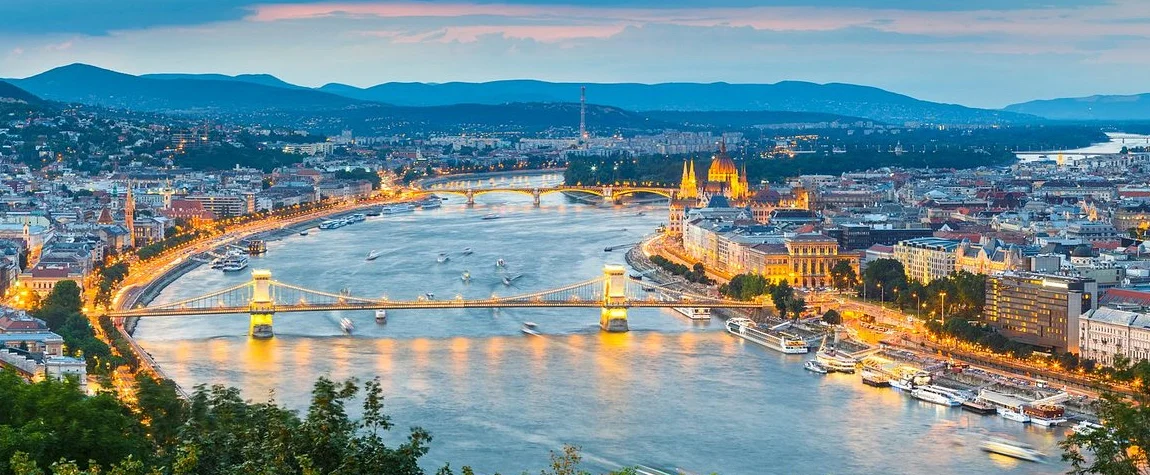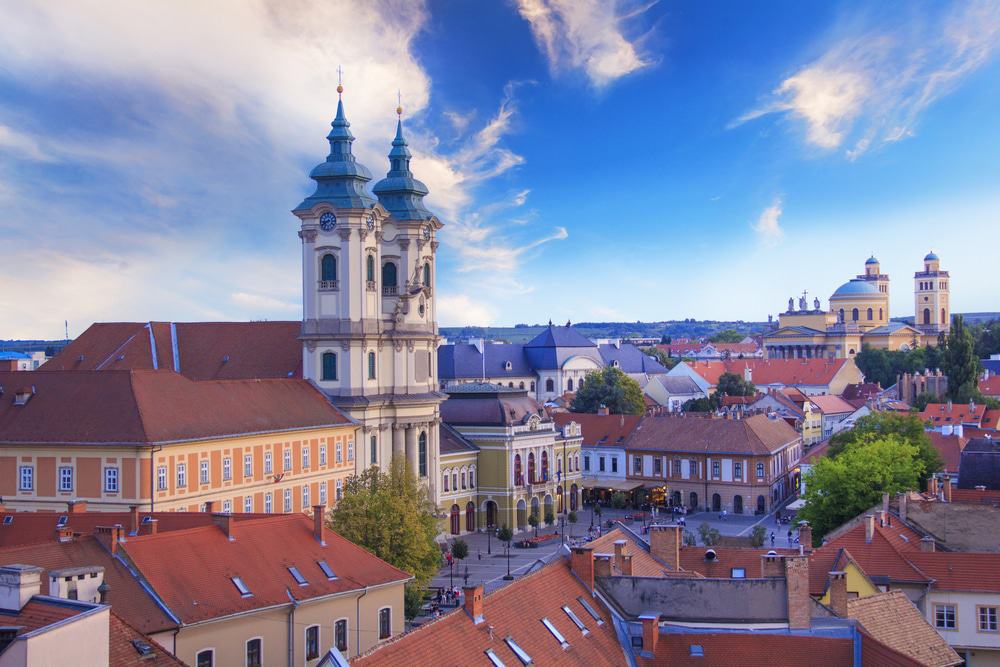



Eger is a city in northern Hungary. At its heart is elegant, tree-lined Kossuth Lajos Street. Buildings along this stretch include County Hall, with its fine wrought-iron gate, and Eszterházy Károly College, crowned by the Astronomical Tower. Across the Eger River, medieval Eger Castle overlooks the city. On its grounds, the István Dobó Castle Museum has a picture gallery and exhibits on the castle’s history.
Spring (April–June) and Autumn (September–October) offer mild weather, blooming vineyards, and fewer tourists.
Summer (July–August) is lively with festivals but can be crowded.
Winter (December–February) is cold, but charming with snow and holiday markets.
From Budapest:
By Train: Frequent trains from Budapest Keleti Station to Eger (~2 hours).
By Bus: Buses also run regularly (~2.5 hours).
By Car: Around 130 km (~1.5–2 hours via M3 motorway).
Eger Castle – Historical fortress with panoramic views.
Dobó Square – Lively central square with cafes and statues.
Eger Minaret – Ottoman-era minaret; you can climb to the top.
Basilica of Eger – Majestic neoclassical church.
Szépasszonyvölgy (Valley of the Beautiful Women) – Wine cellars and tastings.
Wine tasting, especially Egri Bikavér (Bull’s Blood).
Bathing in Eger Thermal Bath.
Explore historic cellars and caves.
Join a walking tour of the Baroque old town.
Attend local festivals (e.g., Wine Festival, Castle Days).
Luxury: Hotel Eger & Park, Hotel Villa Völgy.
Mid-range: Imola Udvarház, Senator-Ház Hotel.
Budget: Eger Hostel, private guesthouses.
Local Dishes: Goulash, stuffed peppers, beef stew, and trout.
Recommended Spots:
Macok Bistro – Modern Hungarian cuisine.
Senator-Ház Restaurant – Cozy, traditional setting.
BarItalia Ristorante – For a taste of Italian in Eger.
HBH Restaurant – Known for its beer and hearty dishes.
Strong historical roots with Baroque and Ottoman influences.
Deep wine culture, especially around red blends like Egri Bikavér.
Hospitable locals, rich folklore, and traditional music and dance.
Celebrations of Hungarian national holidays and harvest festivals.